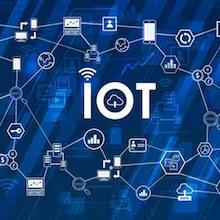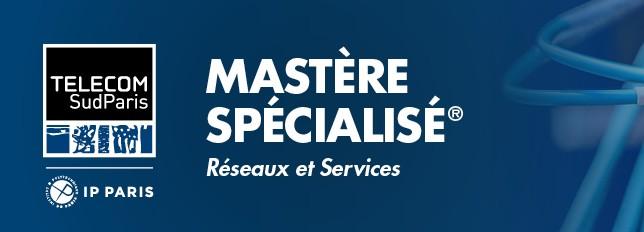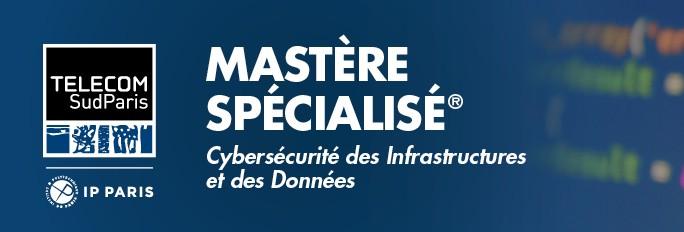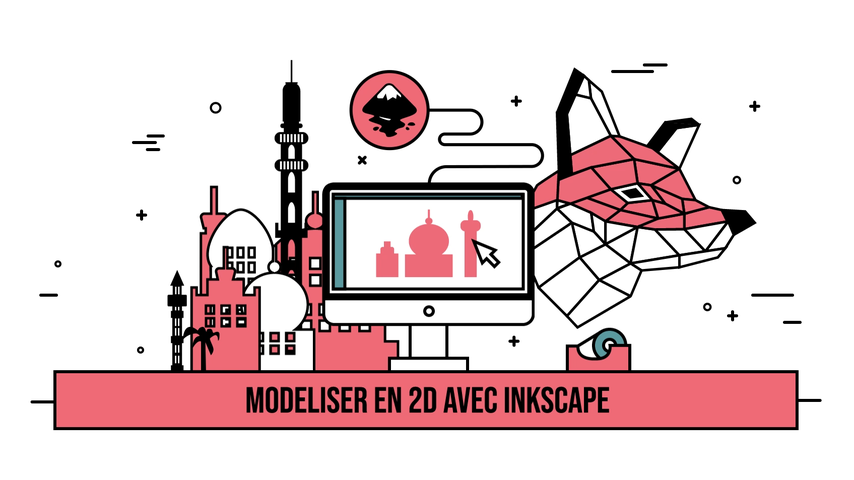
Prochaines sessions
Inscription continue
Distanciel
-
Places disponibles
Description
By presenting the building blocks of the IoT network architecture, this course will help learners adapt to the fast changing communications and networking environment of IoT.
The IoT world represents billions of sophisticated objects, such as sensors, actuators and meters, that are deployed nearly everywhere, in homes, hospitals, factories, cities, and are connected to the Internet. However, they come with limited capacity in terms of memory storage, computational power and energy; how can these objects then ensure network reliability and timely transmission?
That is what you will learn in this course: how we can set up wireless communications and networking in the IoT to achieve these goals.
This course has received financial support from the Patrick & Lina Drahi Foundation.
Programme
Medium Access Control (MAC) Layer
- Welcome to MAC Week
- Fundamental Methods of Accessing the Communication Medium
- TSCH MAC Protocol
- Compare the performance of various MAC methods
6TiSCH Adaptation Layer
- Welcome to 6TiSCH Week
- What needs does the 6TiSCH layer respond to?
- Ressource Management using 6P and MSF
- How to build an MSF Schedule
- The Connection Process
6LoWPAN Adaptation Layer
- Welcome to 6LoWPAN Week
- 6LoWPAN: Overview, Assumptions, Problem Statement, and Goals
- Explain the Principles of the 6LoWPAN Compression and Fragmentation...
- Explain 6LoWPAN Fragment Forwarding Techniques (Part 1)
- Explain 6LoWPAN Fragment Forwarding Techniques (Part 2)
RPL Routing Protocol
- Welcome to RPL Week
- The principles of routing in IoT networks
- The means available to implement strategies for IoT networks
- Metrics
Pré-requis
Expérience recommandée - Niveau intermédiaire
- Notions de réseau (pile TCP/IP).
- Notions de base de la programmation pour les sessions de laboratoire (i.e., C, Python).


